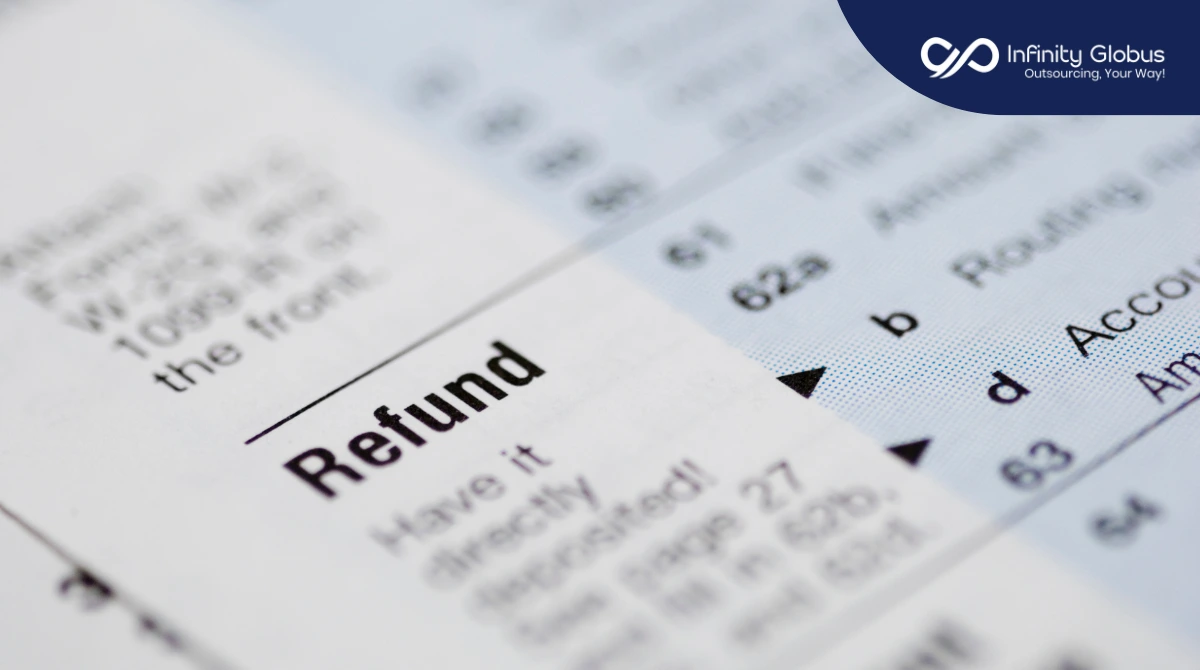
 Infinity Globus
Infinity Globus
 20 Jan 2022
20 Jan 2022
1. What is 1099 MISC?
Form 1099-MISC is a variation of Form 1099 used in the United States to report miscellaneous income. Miscellaneous Income is a form used by the Internal Revenue Service (IRS) to report non-employee payments. Generally, this is a business payment, not a personal payment.
2. Who needs to file Form 1099-MISC (Miscellaneous Income)?

Every business organization or owner of a business is obliged to file Form 1099-MISC if they paid any of the following throughout the year:
- At least $10 in royalties (see At least $10 in royalties (see the instructions for box 2) or broker commissions in lieu of dividends or tax-exempt interest (see the instructions for box 8).
- Dividends in lieu of dividends or tax-free interest (see the instructions for box 8).
- At least $600 in :
1. Rent (box 1);
2. prizes and awards (box 3);
3. other income payments (box 3);
4. Generally, the cash paid from a notional principal contract to an individual, partnership, or estate (box 3);
5. Every time a fishing boat proceeds (box 5);
6. Medical and health care payments (box 6);
7. Crop insurance proceeds (box 9);
8. payments to an attorney (box 10) (see Payments to attorneys, later);
9. Section 409A deferrals (box 12);
10. or nonqualified Deferred compensation (box 14).
Additionally, regardless of the amount of the payment, they must file Form 1099-MISC for each person from whom they withheld any federal income tax (report in box 4) under the backup withholding regulations.
3. Payments should be reported only when they are related to trade or business
4. What is NEC (Nonemployee Compensation)?
[table id=1 /]
5. Know the Different Copies of a 1099s Form
6. Penalties on Failure to File 1099s
If a business fails to file a 1099-NEC or 1099-MISC before the deadline, the penalty ranges from $50 to $270 per form, depending on how late the business files the form. The maximum annual fine is $556,500. If a firm willfully violates the requirement to give an accurate payee statement, it faces a minimum penalty of $550 per form or 10% of the income stated on the form, whichever is greater, with no maximum.
As an outsourced accounting firm, we stay current on tax developments and regulations in order to provide our clients with the best outsourced tax preparation services possible. And this will always be the case. Therefore, this tax season, sit back, relax and let us assist you with your taxes.






